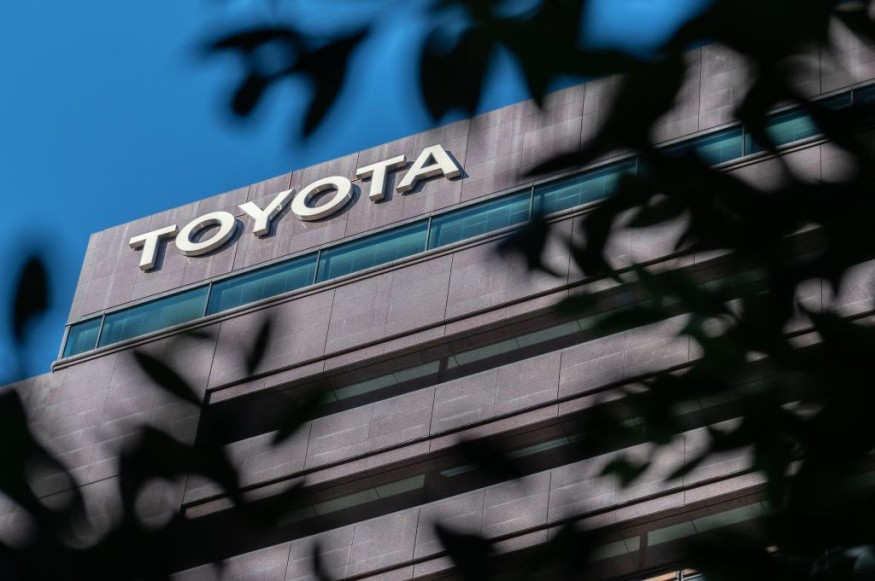
Toyota Motor Corp and BMW are preparing to expand their partnership in the development of fuel cell vehicles, according to a recent report from Nikkei Asia.
The two leading automakers are expected to finalize their partnership next week, with a formal announcement planned for September 5.
Toyota and BMW to Strengthen Partnership
The collaboration aims to enhance the progress of fuel cell technology, which is increasingly seen as a viable alternative to battery electric vehicles in the quest for sustainable transportation solutions.
Fuel cell vehicles, which use hydrogen to generate electricity, offer several advantages over traditional battery electric vehicles. These include quicker refueling times and longer driving ranges, making them an attractive option for drivers and manufacturers alike. By pooling their resources and expertise, Toyota and BMW hope to accelerate the development and adoption of this technology.
While both companies have shown a strong commitment to fuel cell technology, the details of their expanded partnership remain unclear. A spokesperson from Toyota mentioned that the report by Nikkei Asia does not align with any official announcement from the company.
The spokesperson declined to provide further comments or details about the upcoming collaboration, leaving some questions about the specifics of the partnership unanswered.
Despite this lack of detail, the potential collaboration between Toyota and BMW highlights the growing importance of partnerships in the automotive industry. As companies face increasing pressure to reduce carbon emissions and develop more environmentally friendly vehicles, they are turning to collaboration as a way to share costs and accelerate innovation.
By working together, Toyota and BMW can leverage each other's strengths and resources, making it easier to develop and implement new technologies.
Toyota and BMW Fuel Cell Collaboration
According to WION, the Memorandum of Understanding (MoU) that Toyota and BMW are expected to sign next week is likely to outline the goals and timelines for their joint projects. This agreement could pave the way for more concrete steps towards bringing fuel cell vehicles to market. It may also involve the sharing of intellectual property, joint research and development efforts, and possibly even the co-production of vehicles or components.
Fuel cell technology has been a focus for Toyota for many years. The company has already developed the Mirai, one of the world's first mass-produced hydrogen fuel cell vehicles.
BMW has also shown interest in hydrogen technology, and the collaboration with Toyota could help the company accelerate its own efforts in this area. By working together, the two companies can combine their expertise and resources to make faster progress towards their shared goals.
The collaboration between Toyota and BMW allow companies to share the risks and costs associated with research and development, while also enabling them to bring new products to market more quickly.
Related Article : Uber and Cruise Join Forces to Introduce Autonomous Vehicles to Ride-Sharing Platform















